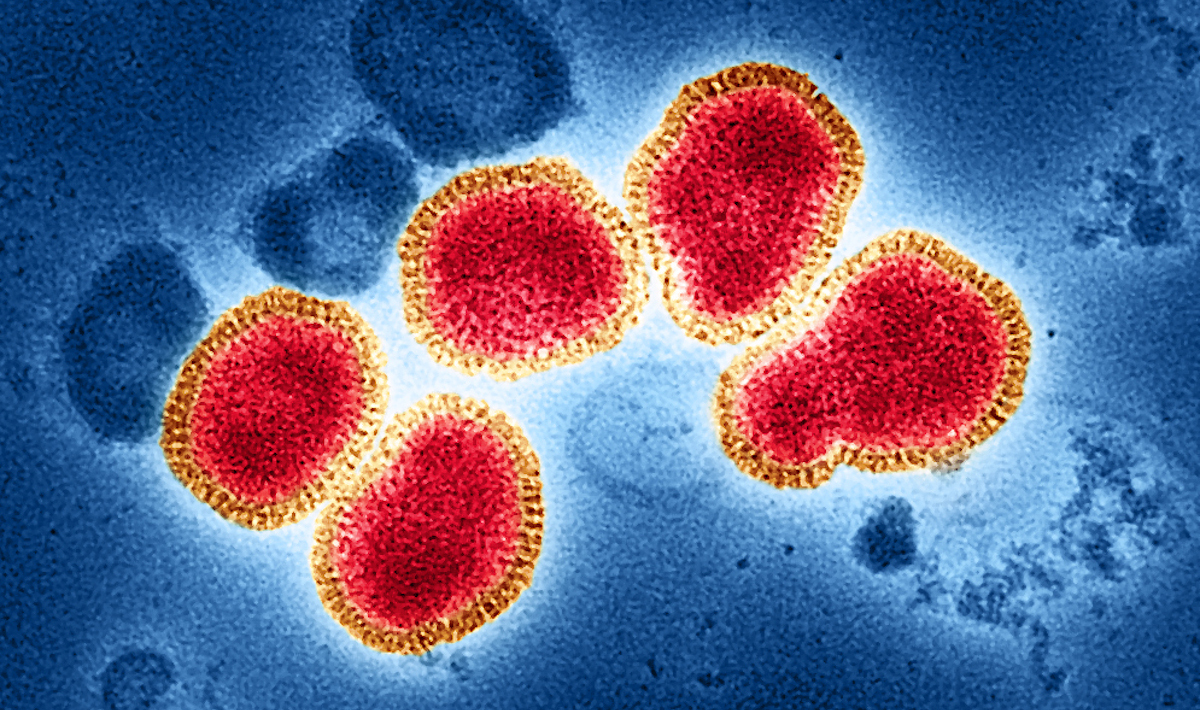TORONTO – A new study says the COVID-19 vaccine protects pregnant women from getting severely ill or giving birth prematurely.
Researchers with the Canadian Surveillance of COVID-19 in Pregnancy (CANCOVID-Preg) program, led by the University of British Columbia analyzed public health and clinical records of 19,899 pregnant people diagnosed with COVID between April 5, 2021 and Dec. 31, 2022.
That time period covered infections with both Delta and Omicron variants in eight provinces and one territory.
Comments closed

